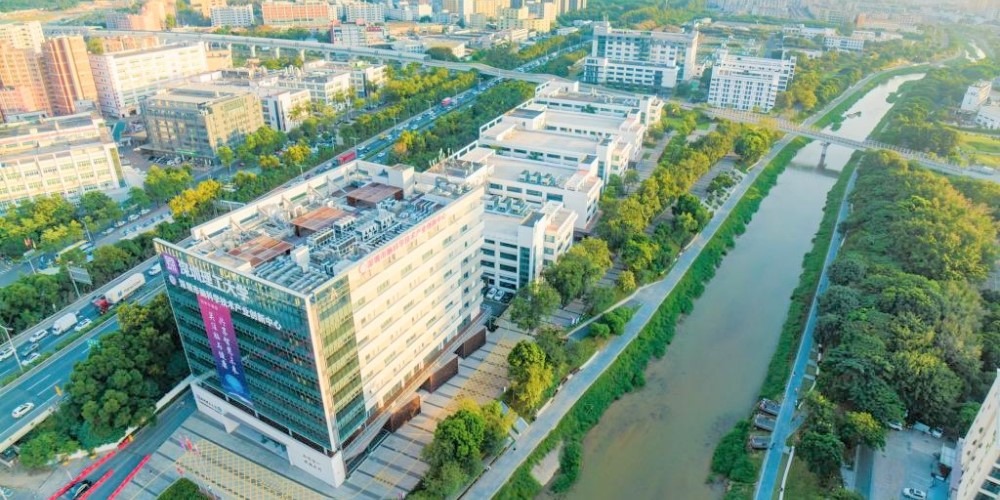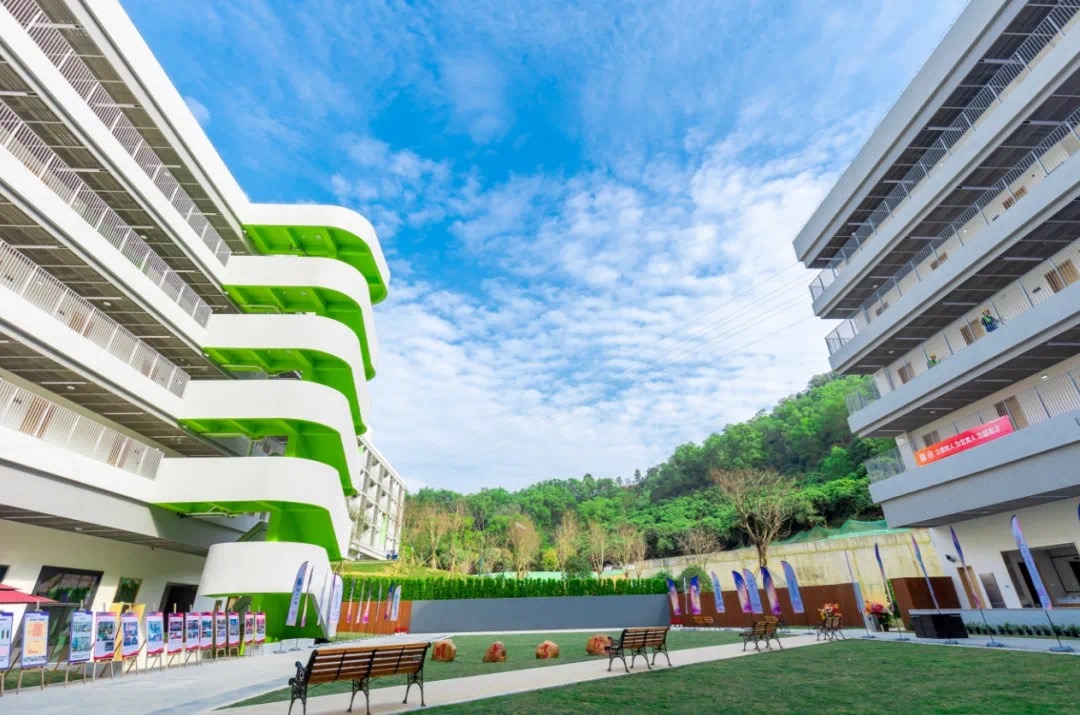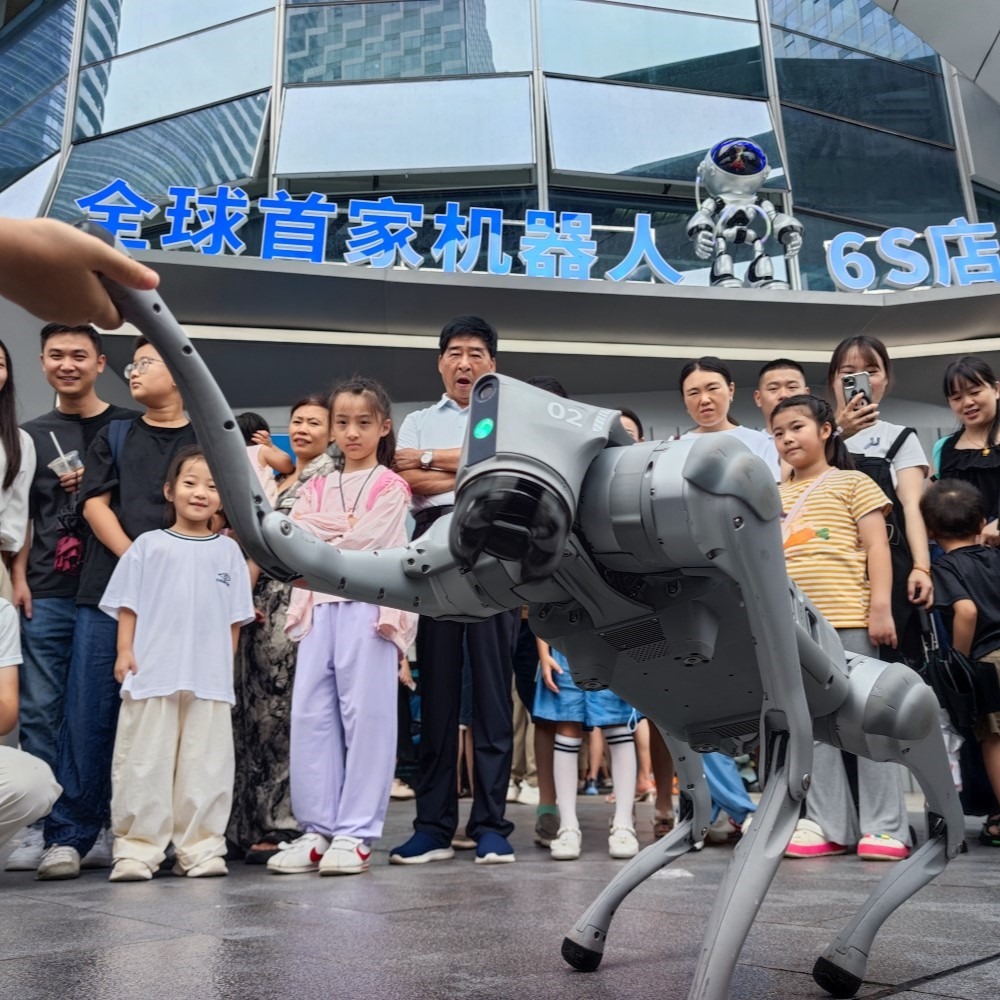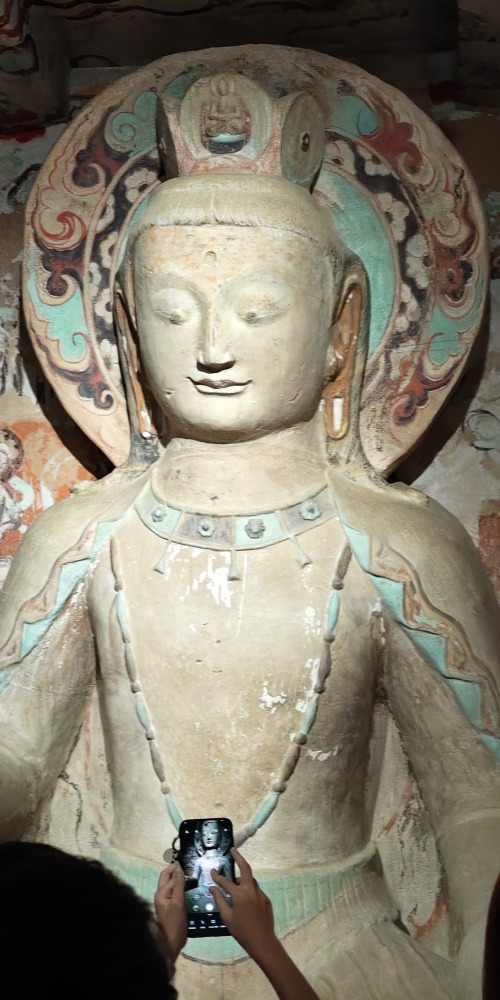Published : 2024-06-14
There is a new university in Shenzhen! Shenzhen University of Advanced Technology (SUAT) has officially been approved for establishment, and it will enrol its first batch of undergraduate students in Guangdong Province this year.
The Shenzhen University of Advanced Technology, which has got much attention due to the connection with the Chinese Academy of Sciences (CAS), took six years and CNY 5 billion to build.
It has already been approved for several China's State Key Laboratories before opening, making it regarded as academically "Shenzhen Speed". Here are 4 highlights to let you know more about the university.
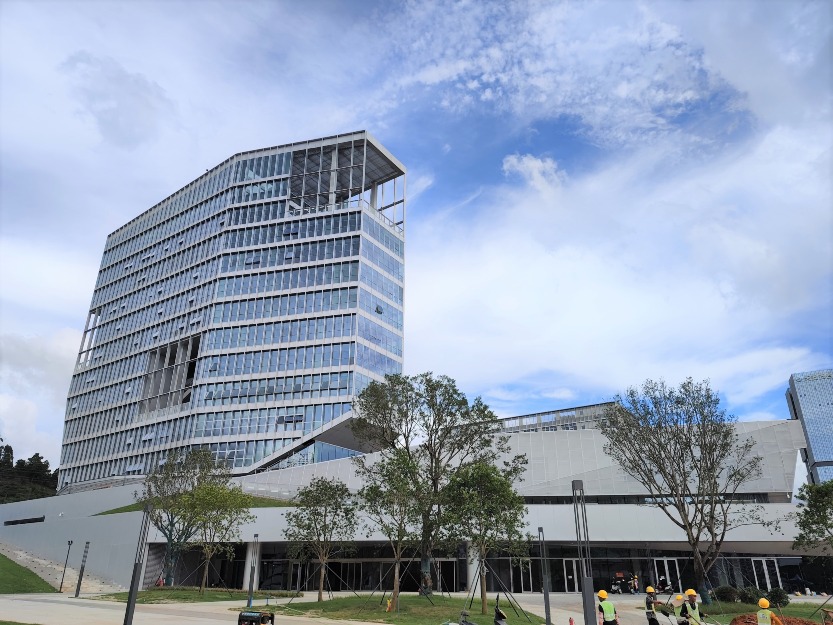
The Ministry of Education has officially approved the establishment of Shenzhen University of Advanced Technology and clearly states that it is "positioned as a new type of research-oriented university, focusing on fundamental and cutting-edge scientific and technological research, and cultivating top-notch innovative talents."
Shenzhen University of Advanced Technology is co-founded by the Shenzhen government and Chinese Academy of Sciences, replying on the basis of Shenzhen Institute of Advanced Technology (SIAT).
It aims at building a science and technology-based, scientific-leading, world-class research-oriented university.
SUAT is located in the Guangming Science City, the pre-launch area of the Greater Bay Area National Comprehensive Science Centre, which is adjacent to Sun Yat-sen University (Shenzhen), Shenzhen Medical Academy of Research and Translation, and a series of major platforms for technology and industry research.
Supported by CAS with abundant science and research resources
Shenzhen University of Advanced Technology receives support from the Chinese Academy of Sciences, with abundant scientific research resources.
As early as 2018, the Shenzhen government and the Chinese Academy of Sciences signed the Agreement on educational collaboration with Shenzhen Government called "Collaborative Construction Agreement of Shenzhen University of Advanced Technology," proposing joint establishment of SUAT, leveraging the significant infrastructure of Shenzhen Advanced Technology Research Institute of the Chinese Academy of Sciences and the academy's scientific research force in Guangdong.
In the whole country, there are only three universities with the same background, namely the University of Science and Technology of China, the China University of Science and Technology and the Shanghai University of Science and Technology, which are located in Beijing, Hefei and Shanghai respectively.
Therefore, the facilities of Shenzhen University of Advanced Technology are all of the first class. At present, it has one Key Laboratory of Guangdong Province and four Key Laboratories of Ministry of Education.
SUAT can also access many national scientific resources within the Greater Bay Area, including China Spallation Neutron Source in Dongguan, the High Intensity heavy-ion Accelerator Facility (HIFA) in Huizhou as well as some research institutions in the Greater Bay Area such as South China Botanic Garden of Chinese Academy of Sciences and Guangzhou Institute of Energy Conversation of Chinese Academy of Sciences.
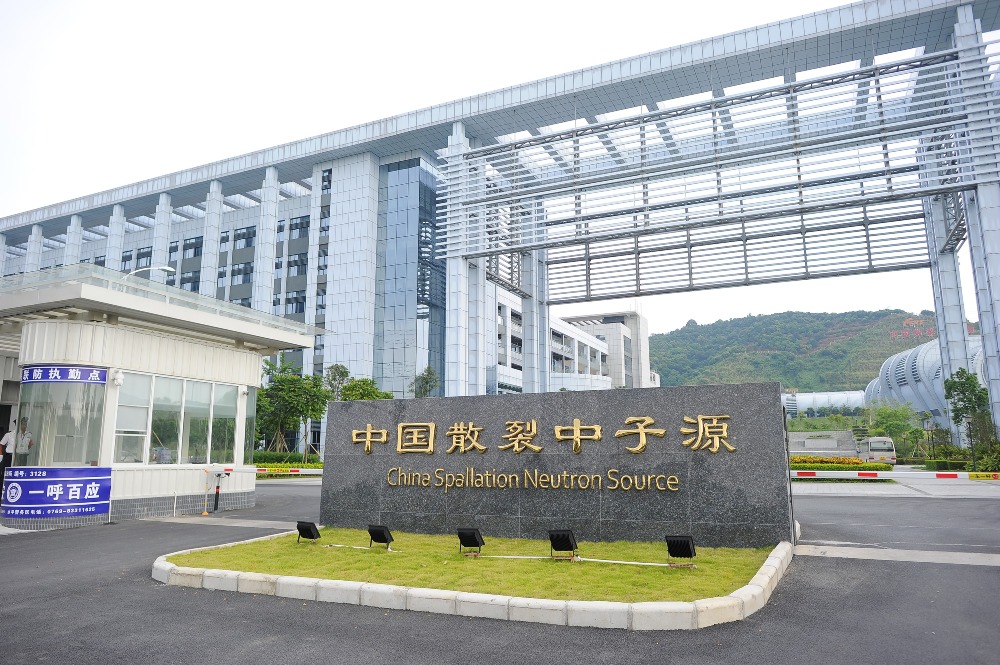
First-class teaching team from China and abroad
Regarding faculty, SUAT has assembled a high-standard teaching staffs primarily composed of senior talents from overseas, including 14 academicians from China and abroad, 88 national-level talents.
41 of the permanent faculty members have received tenure overseas, and 3 foreign experts have received the Chinese Government's Friendship Award, with guaranteed teaching experiences.
First to create "Department of Computing Power Microelectronics"

Based on the resources from first-class research institutions, SUAT adopts "three-in-one" educational model, which is Academy, Research institute and Colleges.
The three areas work closely and highly integrated, with the holistic development of students as the core goal, to trains excellent scientists, outstanding engineers, and innovative entrepreneurs.
In terms of disciplines, it focuses on "New Engineering" and "New Medicine," and initially established 7 interdisciplinary Institutes. They are Institutes of Life and Health, Synthetic Biology, Computer Science and Control Engineering, Biomedical Engineering, Materials Science and Engineering, Pharmaceutical Sciences, and Computing Power Microelectronics.
Among them, the "Faculty of Computing Power Microelectronics" is the first of its kind in the country, which is named to meet the needs of modern industrial development.
"Only by combining computer and microelectronics can the problem of computing power chips be truly solved. Our goal is to cultivate advanced chip talents who understand chip design and computer architecture," said Tang Zhimin, founder of Loongson (CPU) and the dean of the college.
Any connection with Hong Kong Polytechnic University?
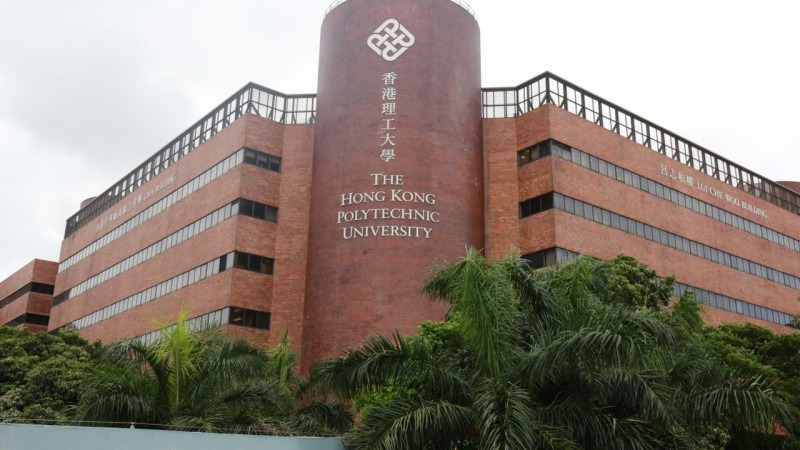
To strengthen scientific research cooperation and make use of the existing academic advantages, resources, and facilities of universities in both places, starting from 2023-2024, Shenzhen University of Advanced Technology has joined forces with the Hong Kong Polytechnic University to launch a doctoral student class.
Disciplines for enrolment include Biomedical Engineering, Computer, Electrical Engineering, Electronics and Information Engineering, Mechanical Engineering, Biology, Chemistry, etc.
The doctoral programme is divided into a 3-year research master's and a 4-year taught master's, with students spending the first half of the time at Hong Kong Polytechnic University and the second half at Shenzhen University of Advanced Technology.
Upon completion and passing the assessment, students will receive a doctorate certificate jointly awarded by Hong Kong Polytechnic University and Shenzhen University of Advanced Technology.
Read more: Top 8 universities in the GBA with dual first-class degrees
Read more: Is Hong Kong University of Science and Technology (Guangzhou) worth applying for?
